Nairobi, Kenya– May is a month of celebration in Africa, marking both Africa Day and the return to work of Kenyan doctors after a grueling strike. However, this relief exposes a deeper question: Can Africa truly thrive in the 21st century if its hospitals lack the personnel to utilize cutting-edge technology? Africa has undoubtedly come a long way since independence. The public-private partnerships are breathing new life into healthcare infrastructure, and innovations like AI-powered diagnostics promise a brighter future. But the recent doctor’s strike in Kenya serves as a stark reminder: progress without people is a hollow victory.
The Challenge: A Healthcare Workforce Gap
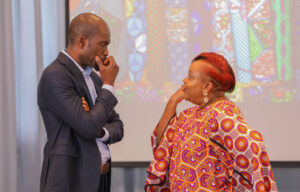
Despite significant strides, Africa faces a significant shortage of qualified healthcare professionals, particularly laboratory personnel. There is an indelible lack of trained individuals and this creates disparities in access to essential diagnostic services, a violation of the right to health. Of particular concern is the continent’s dual burden of communicable and non-communicable diseases. Without a robust healthcare workforce to effectively utilize advanced diagnostics, these life-saving tools become blunt instruments in the fight against Africa’s unique health challenges. Early detection and diagnosis are crucial for tackling both infectious diseases like HIV/AIDS and chronic illnesses like diabetes and cancer. Only by prioritizing investment in healthcare education and training can we bridge this critical gap and ensure equitable access to quality care for all Africans.
Investing in the Next Generation: A Human Rights Imperative
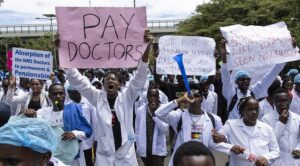
The solution for the next generation lies in empowering young Africans with the knowledge and skills to navigate science and healthcare spheres. According to the World Health Organization (WHO) data from 2023 and 2024, Africa faces an acute deficit of doctors, nurses, and other medical personnel, with the region accounting for only 3% of the global health workforce, despite carrying 24% of the global disease burden. This alarming statistic underscores the urgent need for sustained efforts to address the healthcare workforce gap and also entice the next generation of Africans to embrace care giving as a career. By prioritizing equal access to quality education, particularly in science fields, we can cultivate a workforce capable of delivering life-saving services. This isn’t just about a shortage of medicine or hospitals; it’s about a critical void in the ranks of healthcare professionals. The solution isn’t a band-aid; it’s a long-term commitment to empowering young Africans with the tools they need to become the doctors, nurses, and scientists of tomorrow.
Collaboration is Key
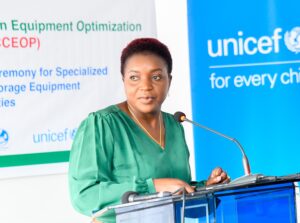
Public-private partnerships, along with strong government policies, can elevate diagnostics’ importance and empower future generations. These collaborative efforts will showcase how access to reliable testing and a skilled workforce are fundamental to building healthier African communities. The Kenyan government must endeavor to prioritize the welfare of all health workers. The onus lies not just with private entities, but with governments as well. Through strategic investments in healthcare infrastructure, training programs, and scholarship opportunities, governments can nurture the talent needed to bridge the healthcare worker gap. Additionally, policy changes can incentivize public-private partnerships, fostering a collaborative environment conducive to innovation and progress. Ultimately, robust healthcare systems are the cornerstone of a truly “Africa Fit for the 21st Century.”
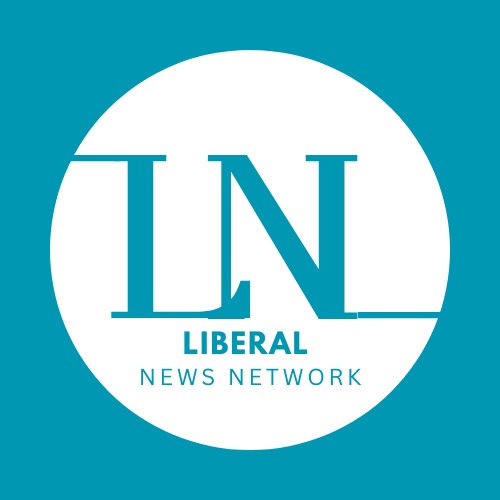
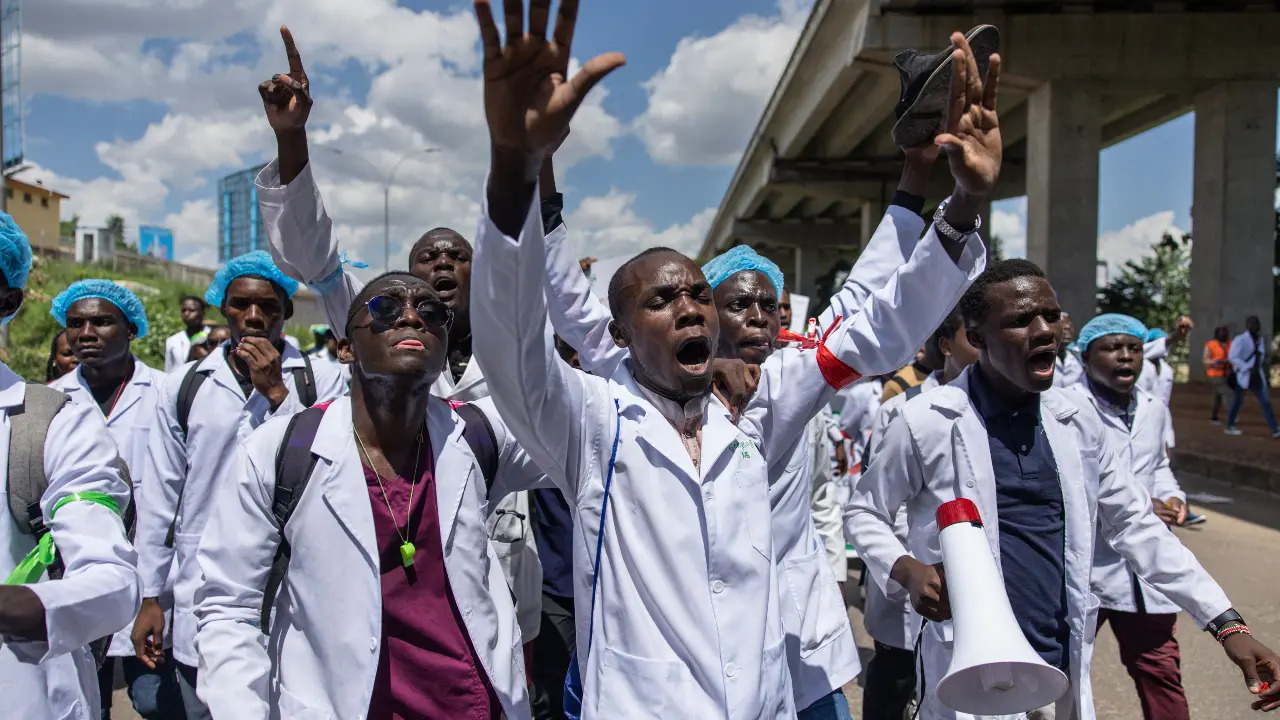
The problem with Kenya is that we signed the Abuja declaration but to this date we seem not to honor policies
We thank God the doctors came back but their absence from duty exposed Kenya’s volatile health sector